Noticias
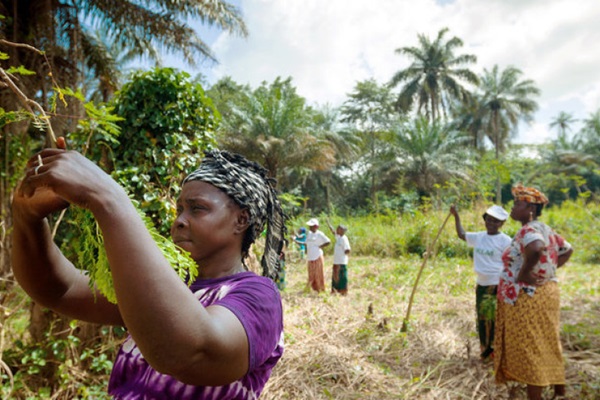
Governments step up action on agriculture and food security at COP27
05/12/2022
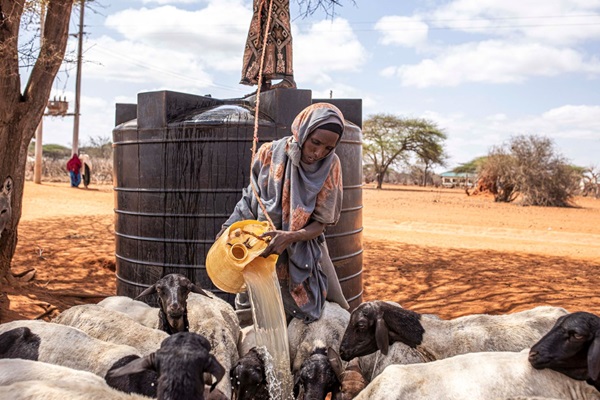
Another step forward to enhance livestock climate actions in Kenya
29/11/2022
With a livestock population of over 146 million, livestock play an important socio-economic role in Kenya. Yet, the livestock sector is also one of the most vulnerable to climate change. About 80 percent of Kenya's land surface is in arid or semi-arid areas and livestock farmers in the country...
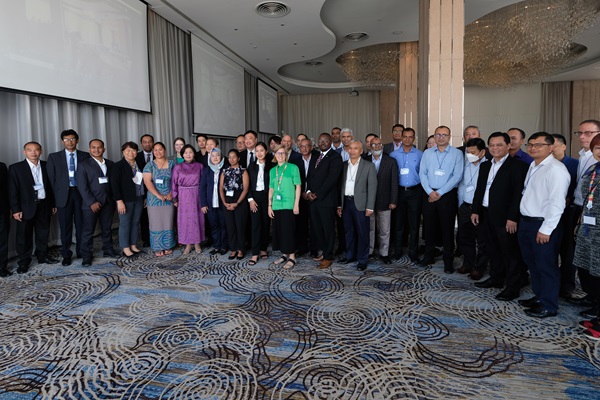
Tackling methane through livestock in Asia and the Pacific
25/11/2022
With climate change and population growth affecting production and demand for livestock products in Asia and the Pacific, countries in the region are now more committed than ever to make the livestock sector more sustainable and climate-friendly. To facilitate dialogue and create new synergies...
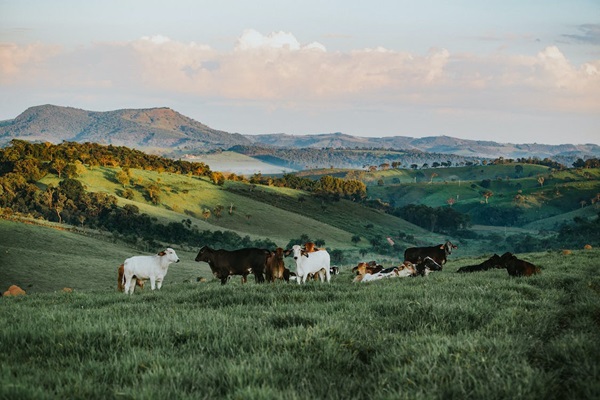
Pathways to dairy net zero: Promoting low carbon and climate resilient livestock in East Africa
17/11/2022
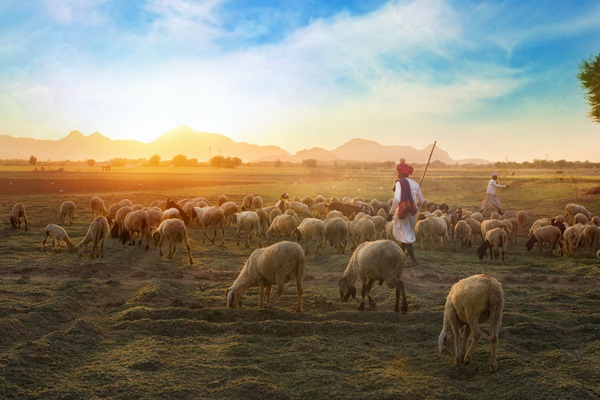
Ready to reduce methane emissions from livestock systems in Asia and the Pacific
21/10/2022
Population growth and climate change impacts across Asia and the Pacific present novel challenges for the livestock sector. Total methane emissions from livestock in South East Asia and Oceania are estimated at 50 million tonnes per year, representing about 40 percent of global methane emissio...
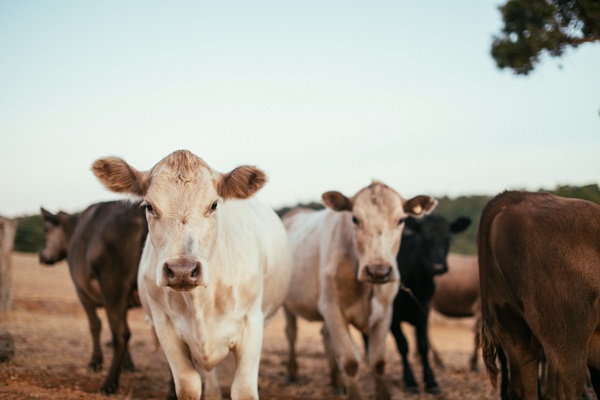
Cutting livestock methane emissions for stronger climate action
06/10/2022
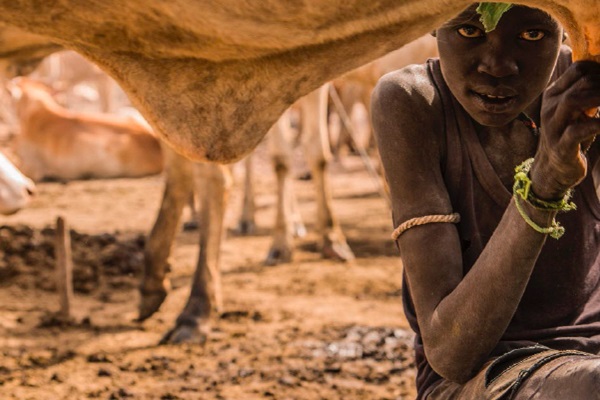
Transforming livestock systems to achieve better agrifood systems and help solve global challenges
22/09/2022

Burkina Faso commits to integrate livestock interventions to accelerate climate actions
22/09/2022
Burkina Faso has committed to integrate livestock specific interventions to accelerate climate action and reduce greenhouse gas emissions from livestock systems. “It is necessary to identify opportunities to integrate specific objectives for the livestock sub-sector in our climate action...
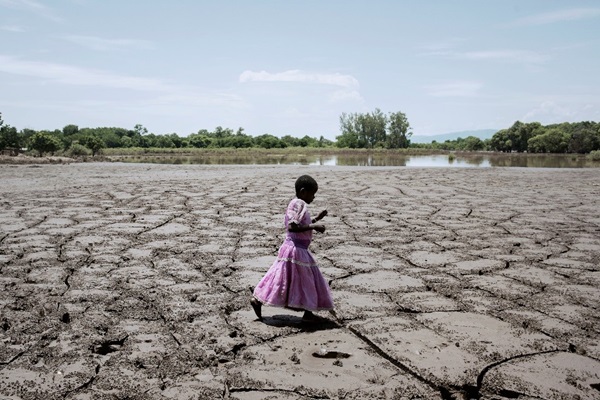
Healthy environment is a human right
17/08/2022
A historic UN resolution recognizes access to a clean, healthy and sustainable environment as a human right
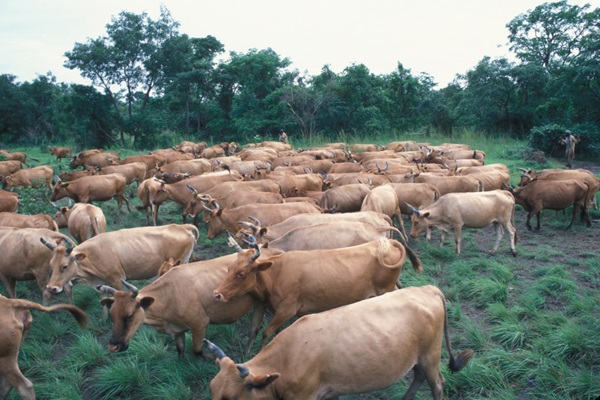
National climate actions cannot ignore the livestock sector
02/09/2022
Sustainable livestock systems can be a major player in the fight against climate change, poverty and food insecurity. By addressing climate change in the livestock sector, countries can do their part to achieve the Paris Agreement’s long-term objectives, while building more sustainable, resilient and climate-friendly agrifood systems.
